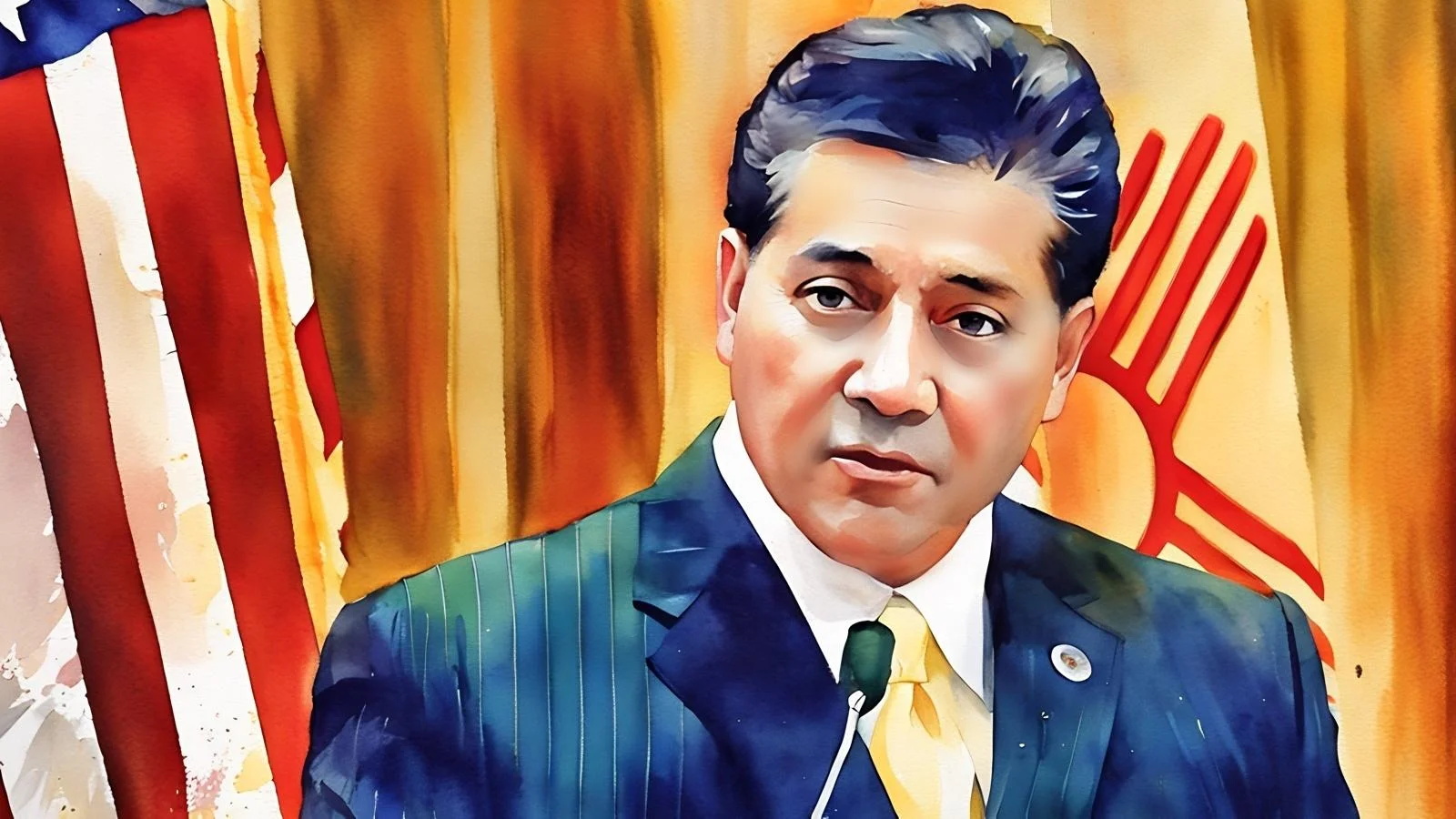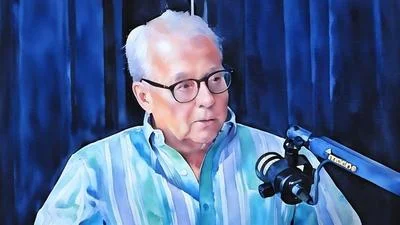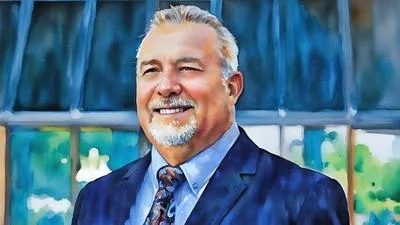New Mexico faces challenges—from crumbling infrastructure on Native lands and a water shortage to rising housing costs and lagging economic development.
Former Las Cruces Mayor Ken Miyagishima is betting that bold reforms can turn things around. Now running for governor, he’s proposing state-led geothermal desalination to solve the water crisis, overhauls to the state’s tax and criminal justice systems, and housing strategies tied to rehabilitation and job training. Drawing from decades of experience in local government and business, Miyagishima argues that common-sense policy—not ideology—should drive solutions for a state that too often ranks last in the nation.
Miyagishima is the four-term former mayor of Las Cruces, and is stepping into the gubernatorial race with deep roots in public service and an entrepreneurial spirit. Born at Keesler Air Force Base in Mississippi and raised in a multicultural household—with Japanese, Mexican, and Mescalero Apache heritage—he understands diversity and adversity. His father, forcibly sent to a concentration camp during World War II, later became an air traffic controller in the U.S. Army Air Corps. Miyagishima himself began his career in insurance while still in college and eventually built a network of agents across southern New Mexico.
His political journey started in 1971 when his brother announced he wanted to fight in Vietnam. “My Mom starts crying,” he recalls. “And my Dad says, ‘Just do your job and don’t try to be a hero.’” Miyagishima ended up campaigning for Nixon simply because Nixon promised to end the war. “I just didn’t want my brother to get hurt.”
As mayor, Miyagishima is concerned about rapid development. “The city was growing at almost 7% per year. That’s just too quick,” he explains. “Contractors weren’t required to put in medians… they were just building these houses.” He votes against annexations and new developments lacking infrastructure. Critics call him “anti-growth,” but he says, “It wasn’t that I wanted anti-growth. No, I needed to get things in order.” His negotiation with banks to keep a struggling developer afloat helped lead to the thriving Metro Verde development.
Miyagishima believes his combined experience as a city councilor and county commissioner gives him an edge. “Most people have very little to do with state government,” he says. “Everyone is represented by either a city councilor or a county commissioner.” He calls attention to the lack of basic infrastructure on Native reservations. “That is infuriating to me. Where is the federal government? Where are the state reps and senators?”
One of his most ambitious proposals addresses New Mexico’s water shortage through geothermal desalination. “I want to capture that steam that’s down there and turn that into power to run the desal plant,” he says, noting the presence of superheated, salty water beneath the surface. “We’ll have plenty of water. And I estimate we’ll make half a billion dollars a year in income by selling water.”
Miyagishima’s housing and criminal justice plan reflects his commitment to rehabilitation and fiscal pragmatism. He proposes training non-violent prisoners in trades like plumbing, HVAC, and welding. “We provide the labor,” he says, which allows the state to build affordable homes and sell them at 25% below market rate. “If they stay in that job for the number of years they were sentenced, I’ll expunge their record.”
He would tie the program to the state’s investment strategy: “If you take a mortgage of $250,000 over 30 years, at 7% interest, they’re going to pay the state about half a million in interest. We’re not giving them anything. They’re buying it from us.”
Public safety is another major concern. Miyagishima wants to create a Metro Police force, independent from local politics. “I’m pro-law enforcement,” he says. “If our local police get tough… and you have too many liberal city councilors… they’ll try to pressure the chief. But with a Metro Police force, we’ll uphold the law and protect the public.”
He criticizes the current bail reform system and the use of the Arnold Tool assessment. “I don’t care what party you are. As long as you’re tough on crime, you’re going to get my attention.”
He also pushes for medical malpractice reform. “We’re the only state losing doctors because there are legislators that are medical malpractice lawyers,” he says. “That has to stop.” He calls for a cap on punitive damages, citing a case where a facility was sued for $40 million despite correcting the error. “That’s crazy.”
As for taxes and state finances, Miyagishima slams the gross receipts tax structure. “Let’s say gross receipts tax is 9%. The state keeps two-thirds of that,” he says. “The number one best-run city in New Mexico and number ten in the U.S. can operate at $4,200 per person. Our state budget should be about $8.5 billion. It’s $10.8 billion. There’s $2 billion there that can be looked at.”
His approach is shaped by business and life experience. “When I was 18, my Dad said, ‘You’re going to go to college and pay $50 a month rent.’ So I had to get another job. That’s how I got into insurance,” he says. His company now operates in 18 cities. “My wife’s my rock,” he adds. “She drives when I’m tired. She’s the reason for my success.”
Miyagishima’s campaign website is KenForNewMexico.com and his in-depth policy platform is available at www.kenmiyagi.info. He says, “I don’t like being last in anything. I’m a competitive person… and we’re going to move.”








